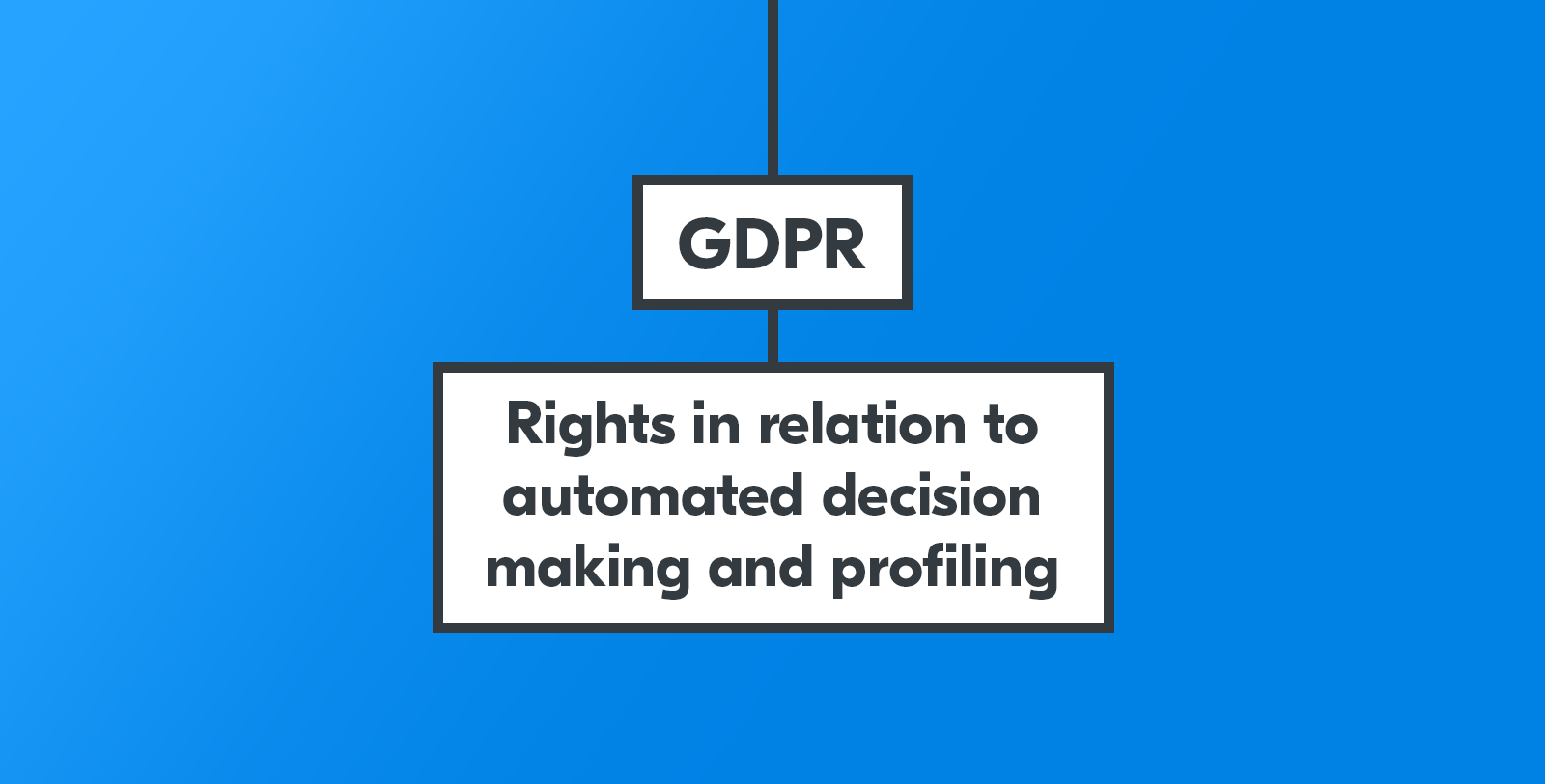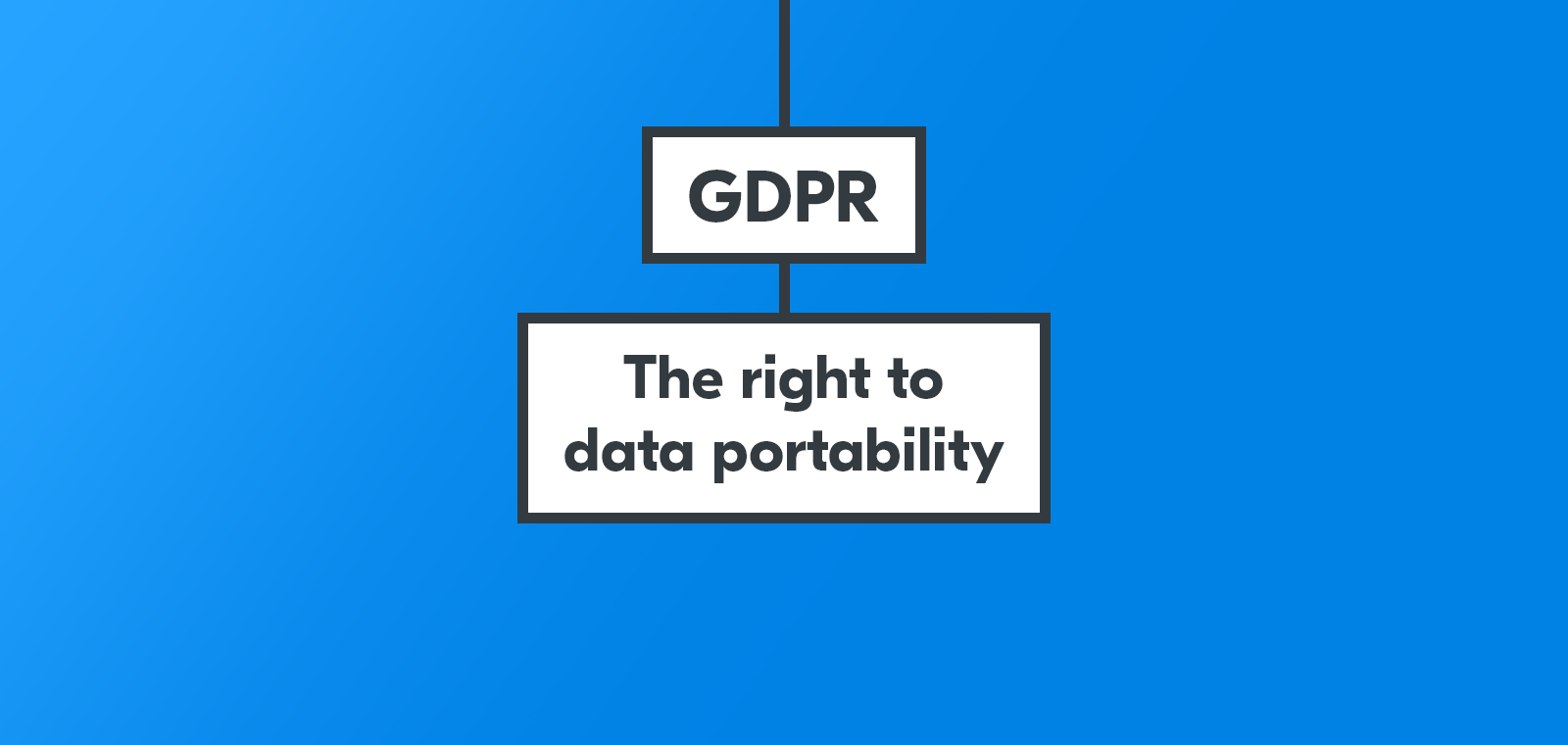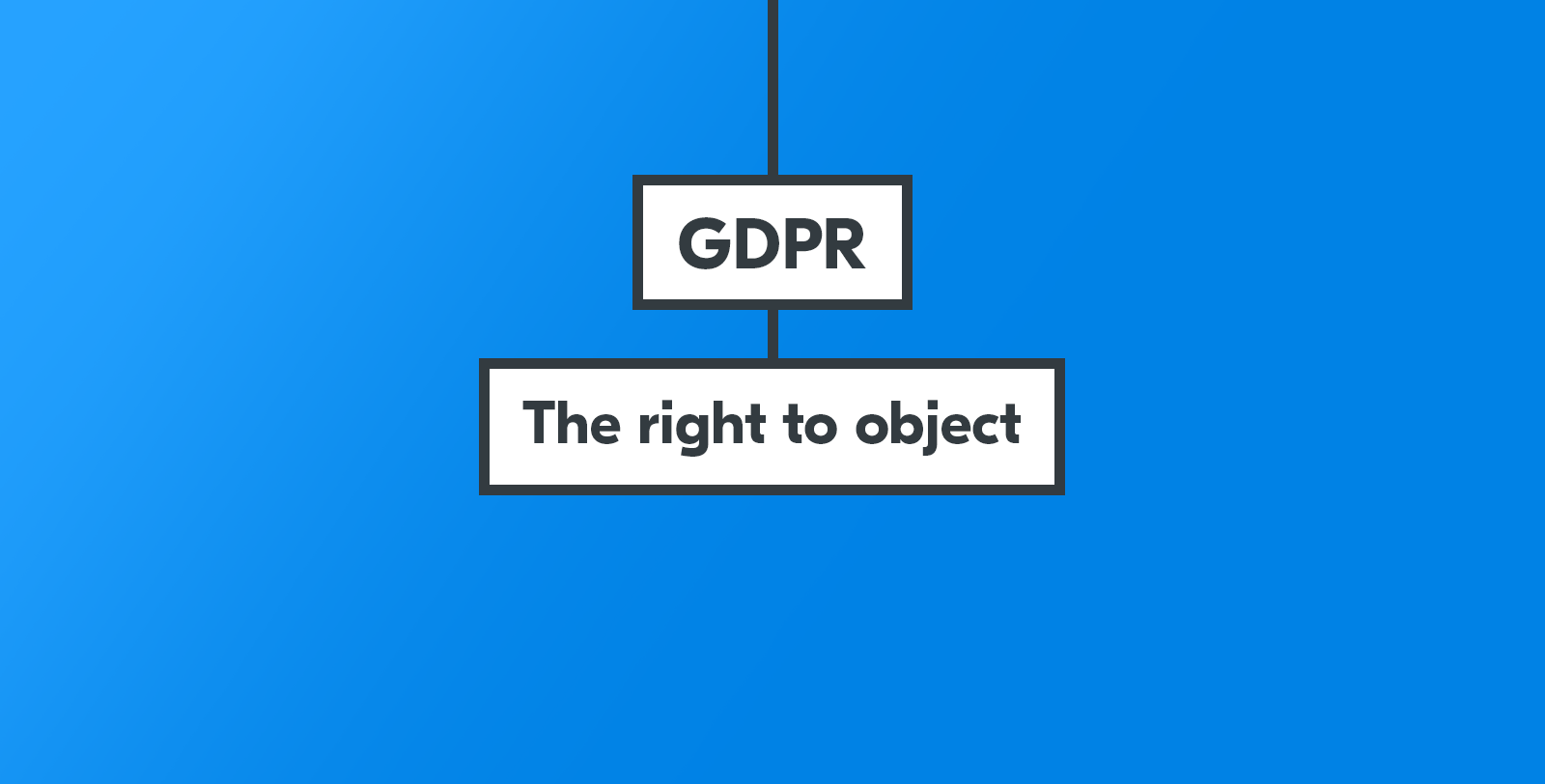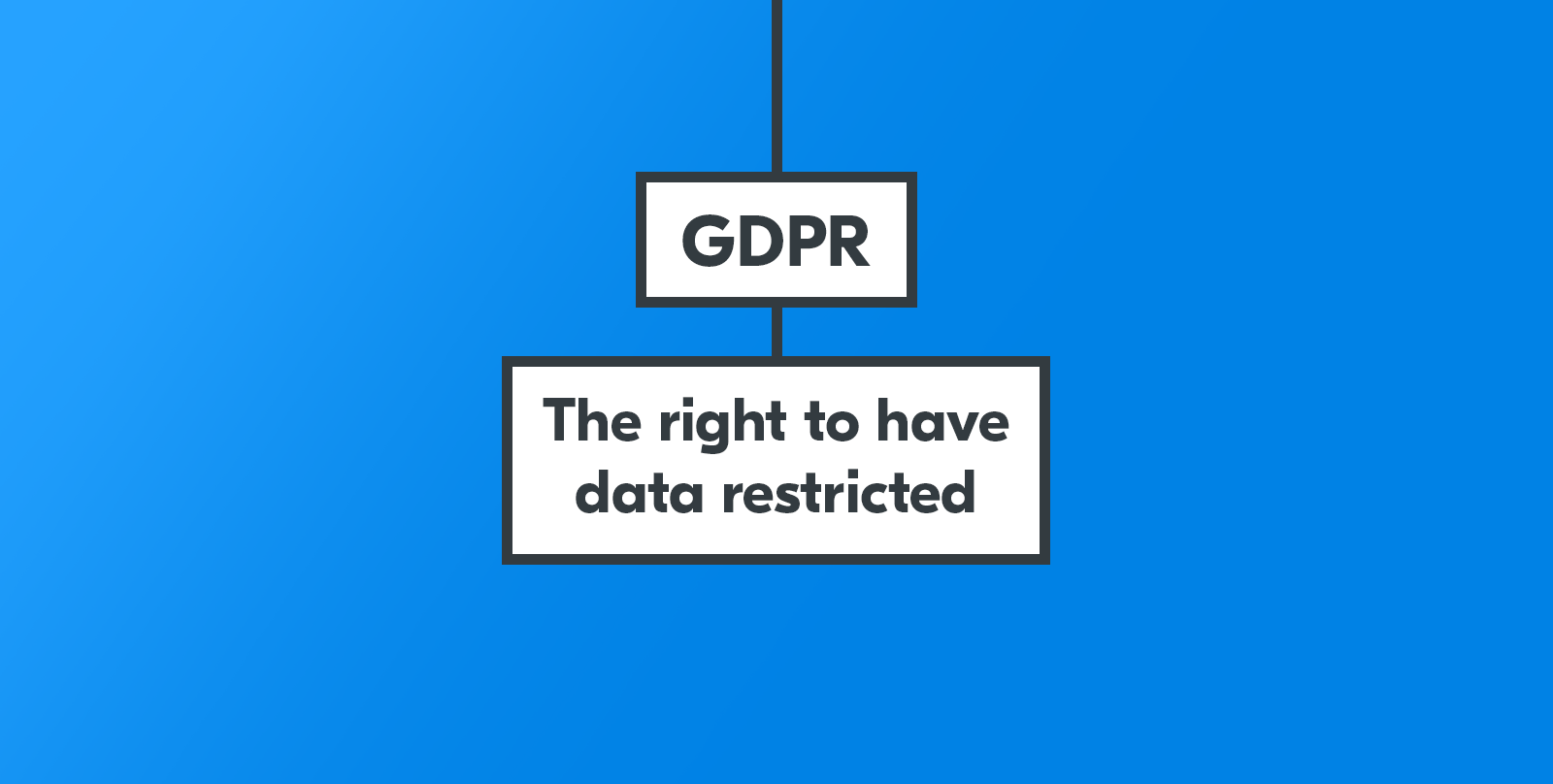Legislation
Getting to grips with GDPR: Rights in relation to automated decision making and profiling
The eighth blog post in our series on GDPR rights is about the rights in relation to automated decision making. So far, our series has covered: Your right to be informed Access rights Correction rights Deletion rights Objection rights Restriction rights Portability rights Part 8: Rights in relation to automated decision making and profiling This is not a new right and the GDPR wording is almost identical to that in the EU Directive it replaces. The aim of this right is to provide safeguards for individuals against the risk that a potentially damaging decision is taken without human
Getting to grips with GDPR: The right to data portability
The seventh article in our series on GDPR rights is about the right to data portability. Catch up on previous articles about your right to be informed, the access right, correction right, deletion right, objection right, restriction right. Part 7: The right to data portability This is a new right under GDPR and its aim is to allow individuals to be able to easily get back certain personal information so they can do other things with it, or give it to another company. There are two aspects to the right: The right to get back some information. The right
Getting to grips with GDPR: The right to correct data
The third article in our series on GDPR rights is about the correction right. See here for previous articles on your right to be informed, and the second on the access right. Part 3: The right to correct data The right to correct inaccurate personal information is an existing right. It has always been the case that if you discover an organisation has inaccurate information about you, you have the right to correct it. It also links with the organisation’s responsibility to have accurate and up to date data. In current UK law this right is set up as
Getting to grips with GDPR: The right to access
The second article in our series on GDPR rights is about the access right. See here for the first article on your right to be informed. Part 2: The right to access The right to access your own personal information has existed in the UK since 1984. It is considered a cornerstone of privacy law and is often the main way to understand exactly what information an organisation holds about you, and what they are doing with it. GDPR only changes small details of this right. You will continue to have the right to know if the organisation does
Getting to grips with GDPR: The right to be informed
You may have been hearing a lot lately about GDPR – the new data protection law that comes into force on 25 May. There is a lot of information and misinformation out there and it can be confusing to understand what’s going on and whether you should be bothered about it. One area of confusion is the rights you have, some of which have been strengthened or amended and some are new. Over the next few weeks we aim to demystify the rights with a series of blog posts – one on each right – to
Getting to grips with GDPR: The right to have data restricted
The sixth article in our series on GDPR rights is about the right to have data restricted. Catch up on previous articles on your right to be informed, the access right, correction right, deletion right, and the right to object. Part 6: The right to have data restricted This right is not strictly new, as current law provides for a court to be able to order an organisation to restrict their processing of certain data, but GDPR makes it a right you can exercise directly with an organisation. This right is essentially like putting your personal data in limbo




